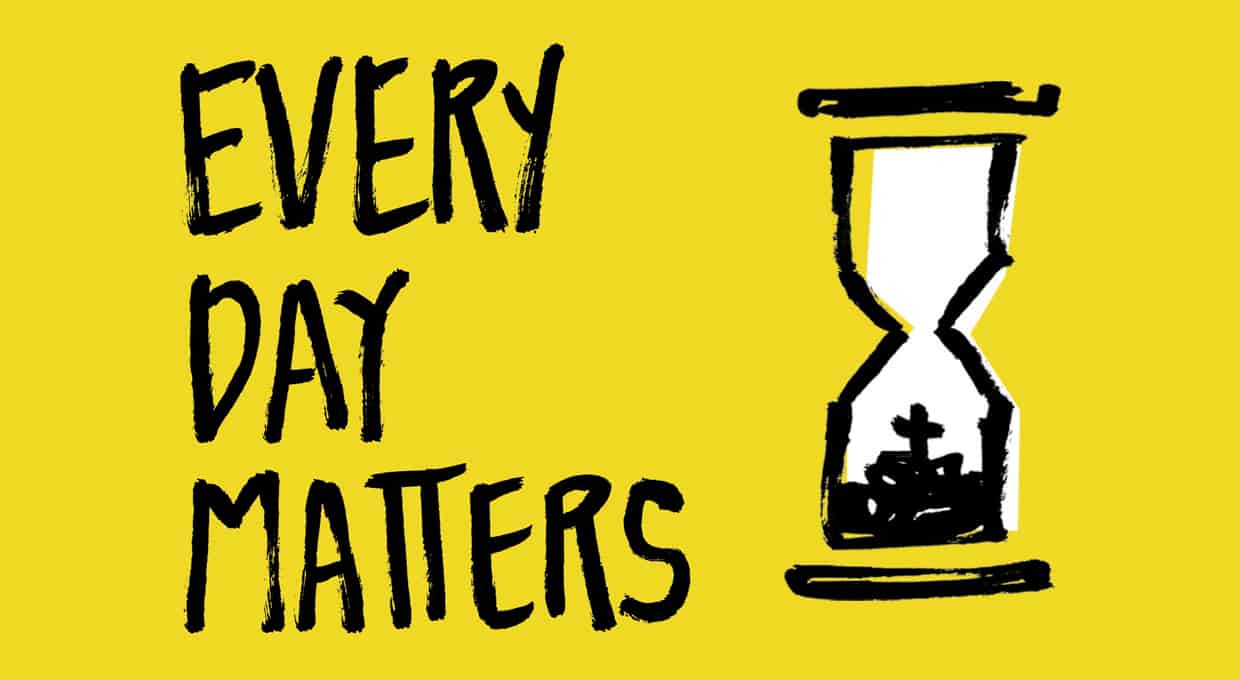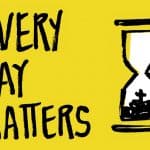
One of the most powerful productivity methods I have encountered is the rule of three.
The rule of three says that each day you should focus on the three most important things you could do that day. These are three things that, if you do them, your day will be a success. It forces you to plan ahead (you have to choose which three things to focus on each day and/or week), and focuses your attention on the highest yield items.
Ensure that you’re not simply filling each day with busyness, but you’re thinking strategically.
This does not mean, however, you only do three things that day. You will surely have many things that cross your path in a given day. Rather, you’re identifying the most important and highest value things you can do each day, and you make those three things a priority.
Choosing “Your Three”
For example, I am often juggling various projects, and at any given time, there seems to be dozens of things I could be doing. Some of these things are massive projects that seem like a long way off—such as the deadline for writing a book. Others are so mundane that it almost feels like I don’t need to write them down. But if I don’t write it down, I probably won’t do it. Things can also become frustrating and overwhelming if I think of thirty things I have to do; it becomes much more manageable when I set my mind to doing only three things. So, instead of thinking too broadly (like writing a book, teaching an entire course, or planning a vacation), I could focus on three specific steps toward reaching those larger goals:
- Write 500 words in the draft of a book.
- Outline one lecture in a semester-long course.
- Identify two options for possible vacation dates.
This approach enables me to make specific, trackable progress, and makes me less likely to delay starting due to feeling overwhelmed.
Planning and Prioritizing
You can also broaden this out to think of three things you want to accomplish for each week, each quarter, and so on. Having an analog planner allows you to write these three things out each day in a simple, non-distracting manner. I have also found it helpful to keep this open in front of me all day, so I am constantly reminded of my top three priorities throughout the day. You may further find it helpful to designate in your planner the specific window of time each day that you will dedicate to each of these three tasks.
Planning and prioritizing your use of time in light of your priorities, areas of responsibility, and goals will help ensure that you’re not simply filling each day with busyness, but you’re thinking strategically about how to maximize your days and your efforts. It helps you avoid working in a reactive manner, and ensures you are thinking proactively about how to invest your time. But of course, you will also have to do things that are not scheduled, and you will need to do plenty of things that are not your highest priorities. You can’t ignore or dismiss something that needs to be done because it’s not a priority. You still have to take out the trash, take the dog for a walk, go to the post office, and pay your bills. But focusing on your priorities first ensures the best hours of your day are not given to mundane tasks that yield little return.
This post is adapted from Every Day Matters: A Biblical Approach to Productivity by Brandon D. Crowe (Lexham Press, 2020).







